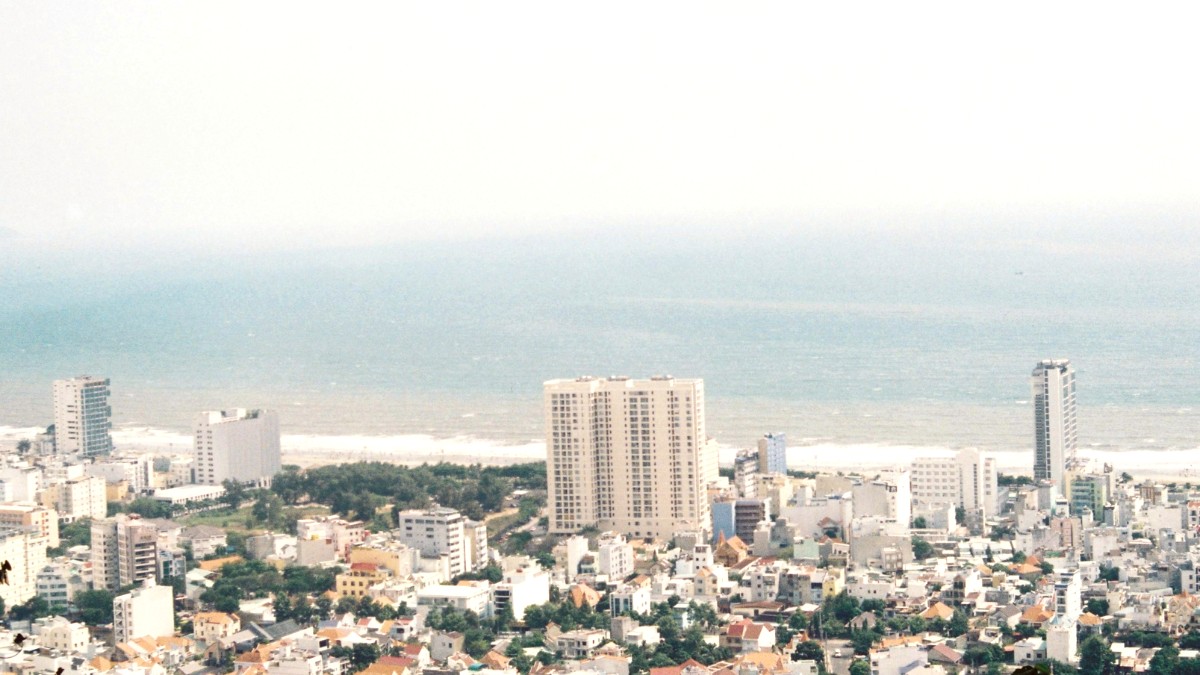
Around Ho Chi Minh City, Vietnam
Vung Tau offers a warm climate throughout the year. Its two distinct seasons influence your activities.
Vung Tau's weather generally divides into two main periods:
Rules change, so always check the latest information from official Vietnamese government sources or your country's foreign affairs department before travel.
Vietnam offers several entry options depending on your nationality: visa exemptions (15-45 days for many countries), e-visa (up to 90 days, single/multiple entry via official Vietnamese Immigration Department website), Visa-on-Arrival (VOA - requires approval letter online before travel for air arrivals), or traditional visa via embassy/consulate.
6 months beyond departure
Digital passport photo, scan of bio-page.
Pre-approved approval letter, physical photos, stamping fee upon arrival.
Around USD 25 (single), USD 50 (multiple)
Online for e-visa.
Cash USD/VND at airport.
Generally none, unless from Yellow Fever area
Hepatitis A/B, Typhoid.
Not for standard tourism in Vung Tau.
The official currency is the Vietnamese Dong (VND), symbol ₫. Banknotes range from 1,000 VND to 500,000 VND. Exchange major foreign currencies at banks, authorized money changers, or gold shops. ATMs are available, with per-transaction limits (2-3 million VND) and possible international fees.
Cash remains preferred for smaller purchases, street food, and local markets. Credit cards are accepted at most hotels, mid-range to luxury restaurants, and larger retail stores. Tipping is not mandatory but appreciated for good service (5-10% at restaurants, small amounts for bellhops, 50,000-100,000 VND/day for tour guides).
$25 - $45 (hostels, street food, local transport)
$50 - $100 (3-star hotels, mix of dining, taxis/Grab)
$150+ (4-5 star resorts, fine dining, private cars)
Street food: 20,000-50,000 VND ($0.80-$2)
Hydrofoil HCMC: 250,000-300,000 VND ($10-$12)
Vung Tau is a generally safe destination for tourists. Still, awareness of local conditions and preparation for common travel concerns remain important.
Consult a travel health clinic or your doctor well before your trip for personalized advice.
Traveler's diarrhea, Dengue Fever/Malaria (low risk for malaria, dengue present), Sunburn/Heatstroke are common.
Save these numbers in your phone before you travel. Consider writing them down on a card and keeping it in your wallet or a safe place.